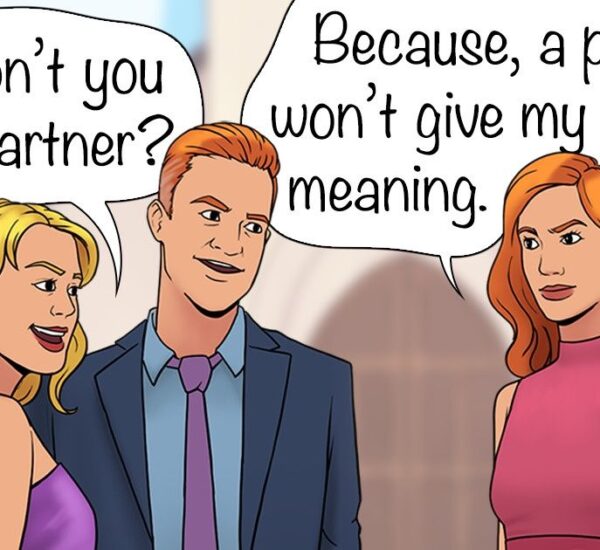Gossip is something we associate with people who are envious, jealous of others, and who like to spread rumors. Whether it’s talking about someone’s appearance or rejoicing over their misfortunes, we see this as a negative. But in reality, it is not as bad as we think and it could even benefit us.
We found research that showed us what gossip really is. And we are happy to tell you everything.
Gossip Doesn’t Have To Be Negative
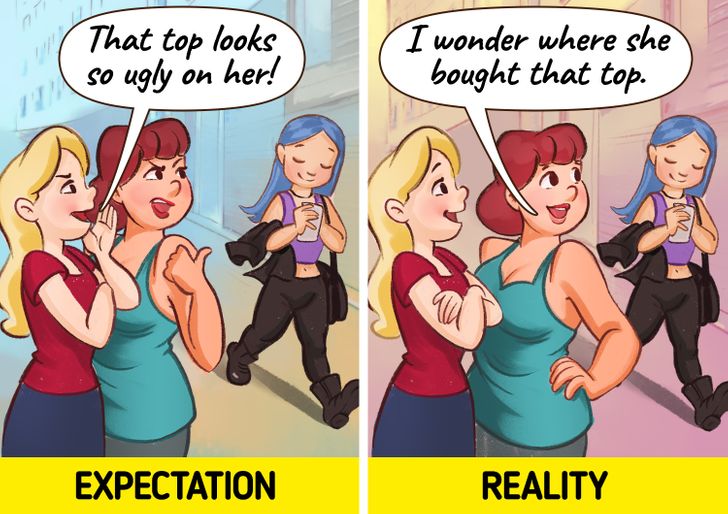
When we think of gossip, most of us probably think of small talk and spreading rumors. However, about 14% of our daily conversations consist of gossip and are mostly neutral rather than positive or negative, a study suggests.
Gossiping Can Even Be Beneficial
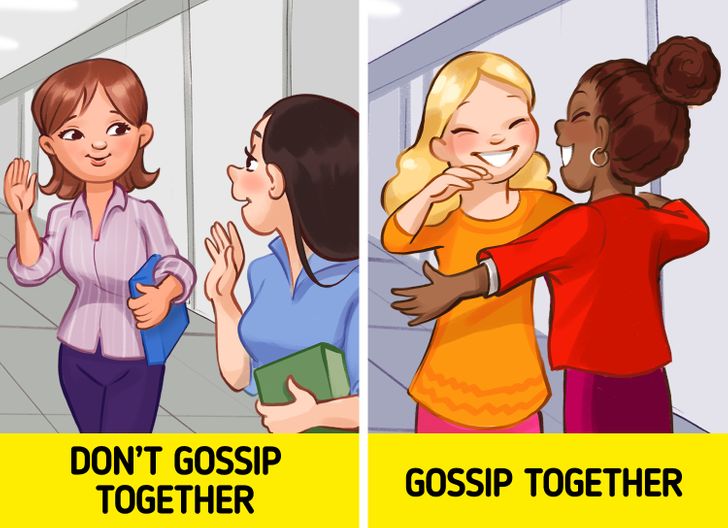
Research suggests that gossip can help us build social connections and learn from other people’s experiences. When we share important information about ourselves or others, it can be rewarding and help us build trust and stronger bonds.
What we discuss can also influence our future behavior. When we compare our impressions of other people, it can help us better understand our feelings and also establish what kind of behavior is and what is not acceptable. Gossip can also promote cooperation.
Researchers Created A Game To Test The Merits Of Gossiping
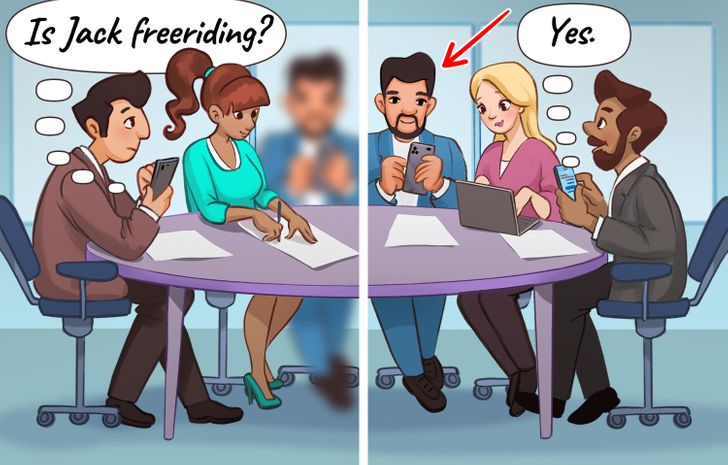
The researchers decided to find out more about why people gossip and what they are for and created an online game. In it, the participants played 10 rounds together in groups of 6 people.
In each round, they received 100 points and were able to keep the money or invest any part of it in a group fund. This sum was then multiplied by 1.5 and divided evenly among the players.
Sometimes participants could only see what a few other players were doing, and not everyone could see it. In these rounds, they could talk privately with another member of the group.
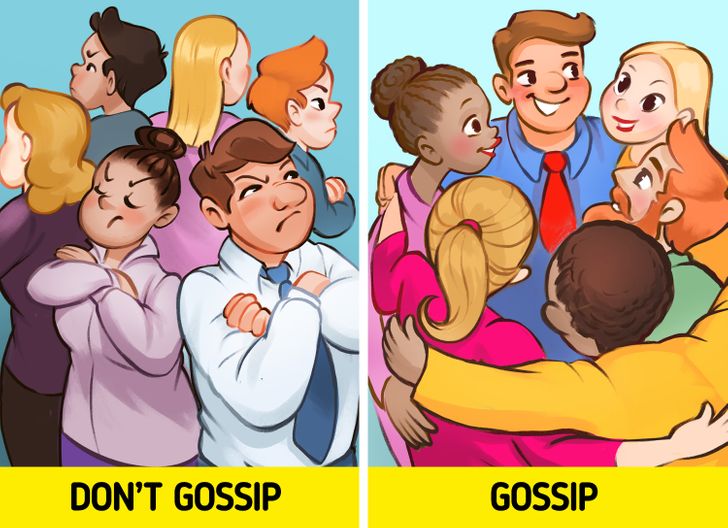
Just as we can’t always learn about someone’s behavior first-hand in real life, participants had to rely on information that other group members shared privately with them about whether or not someone in the group was freeriding or not.
This information would help them decide if they wanted to play together again.
This type of game is known as a public goods game. Players typically spend less time on these games. However, in this game, if the participants were able to communicate with each other, the cooperation decreased less over time. The results also showed that the players who talked to each other felt more connected to each other.
This shows that gossip is indeed an important part of our lives that can help us build social connections and even encourage cooperation.
Do you gossip? What do you usually talk about? Who are you gossiping with? Do you agree with what the survey found?

